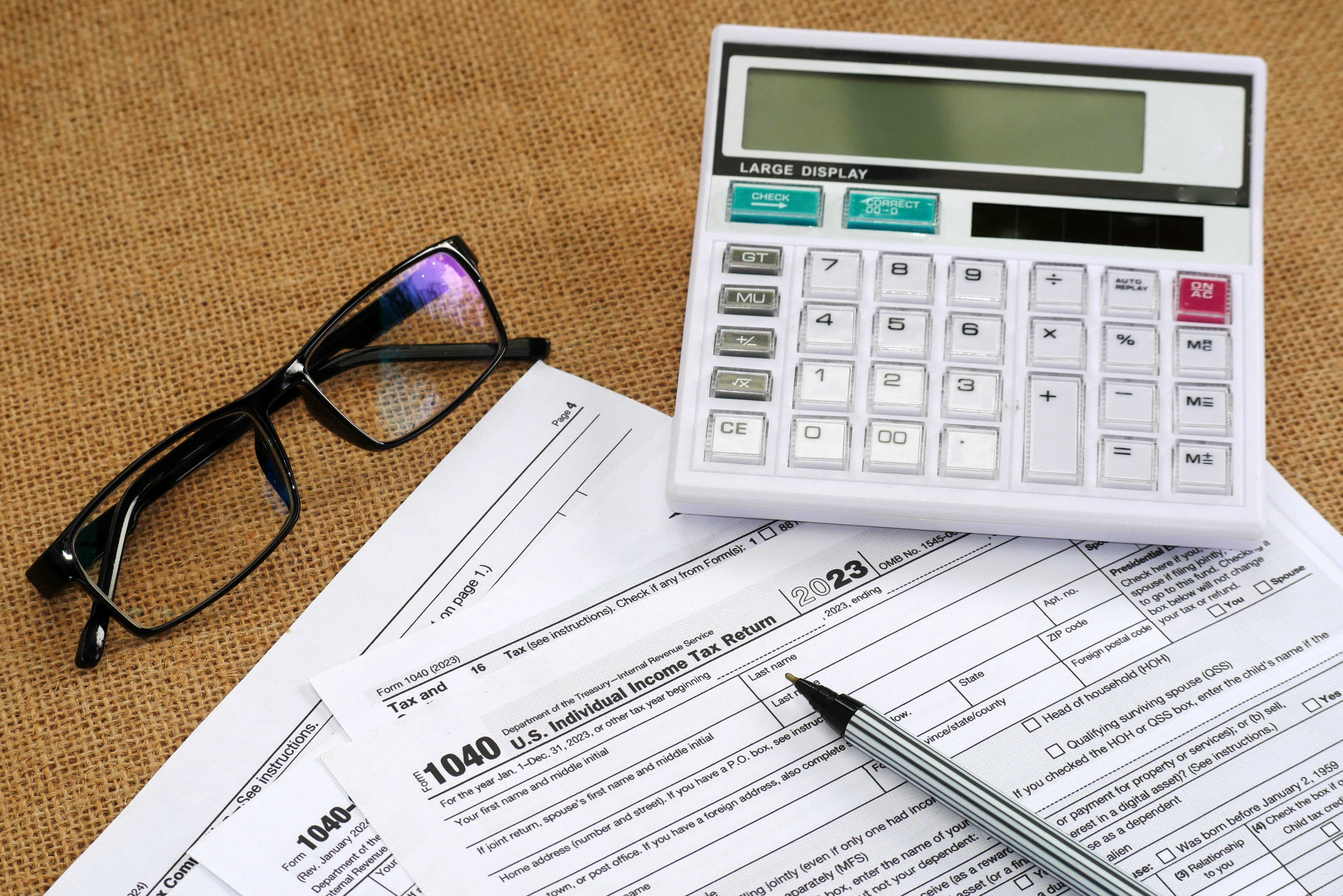Who Pays Income Taxes?
A recent report by the Tax Foundation sheds some interesting light on the distribution of the tax burden in the United States. Among their findings, based upon IRS data for 2022:
• The top 1% of taxpayers, those with income above $663,164, paid 40% of the total income tax. Of course, those with the most income will pay the most tax, but in the case of the 1% their share of the income tax burden is almost double their share of the national income, 22%.
• The top 10% of taxpayers provide 72% of income tax revenue, while they earn 49% of the national income. These are taxpayers with incomes above $178,611.
• The bottom 50% of taxpayers, nearly 77 million taxpayers with income less than $50,339, together paid only 3% of the income taxes collected by the IRS. The report notes that arguably they paid even less than this percentage, because refundable tax credits are treated as spending rather than lost tax collections.
• The bottom 50% had an average tax rate of 3.7%, while the average tax rate for the top 1% was 26.1%. The table below show average tax rates for other groups.
| Taxpayer group | Average tax rate |
| Top 1% |
26.1% |
| 5% to 1% | 18.8% |
| 10% to 5% | 14.3% |
| 25% to 10% | 10.7% |
| 50% to 25% | 7.7% |
| Bottom 50% | 3.7% |
Source: https://taxfoundation.org/data/all/federal/latest-federal-income-tax-data-2025/
Caveats
The Tax Foundation study does not take Social Security taxes into account, which the bottom 50% must pay on their wages. That would bring their average federal tax burden much closer to 20%, if the employer share of FICA is attributed to the employee.
Having a high income in a particular year and being wealthy are two very different things. A retiree might have several million dollars in assets yet take only a modest amount of income each year to meet living requirements.
The question of a “fair share” in taxation is a political one. When the debate turns to whether billionaires are paying their “fair share,” the focus is often on the increase in the value of their stockholdings. Such increases are not taxable until the asset is sold, the gain “realized.”
© 2024 M.A. Co. All rights reserved.
